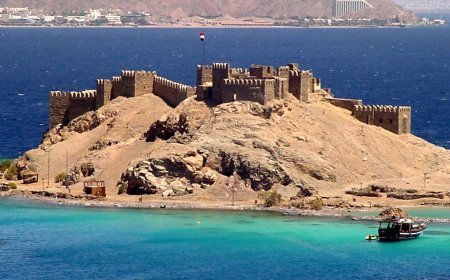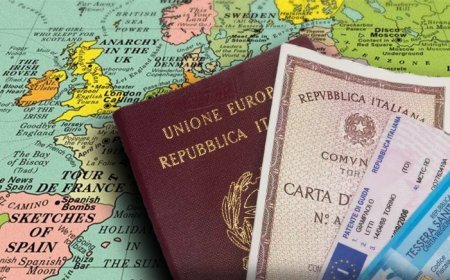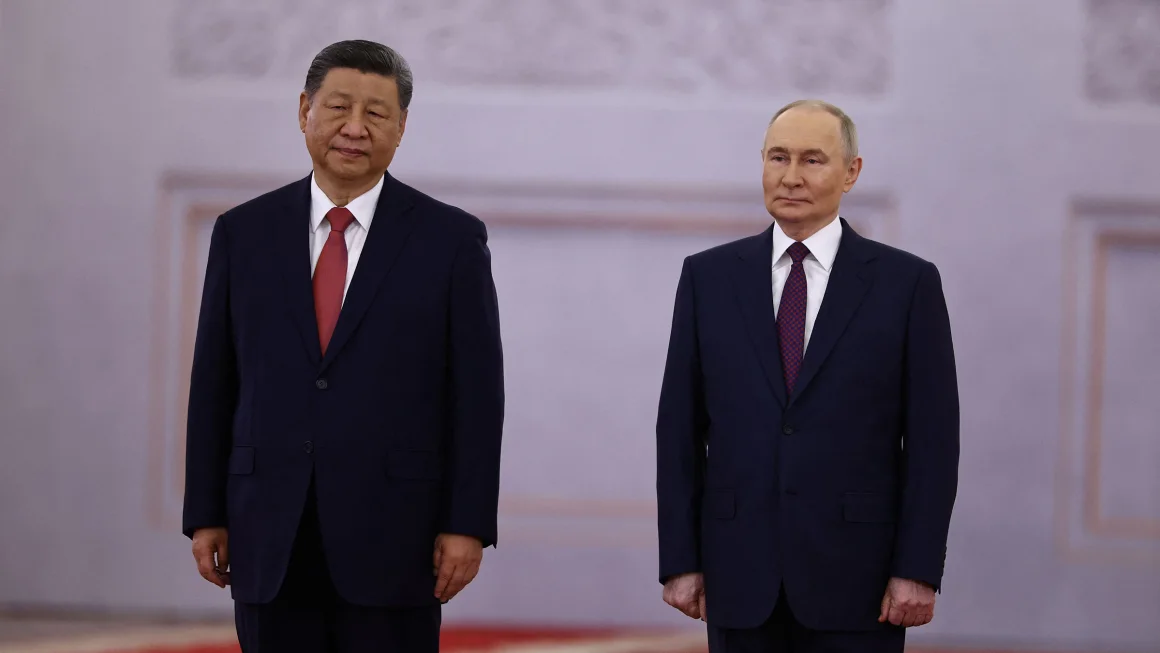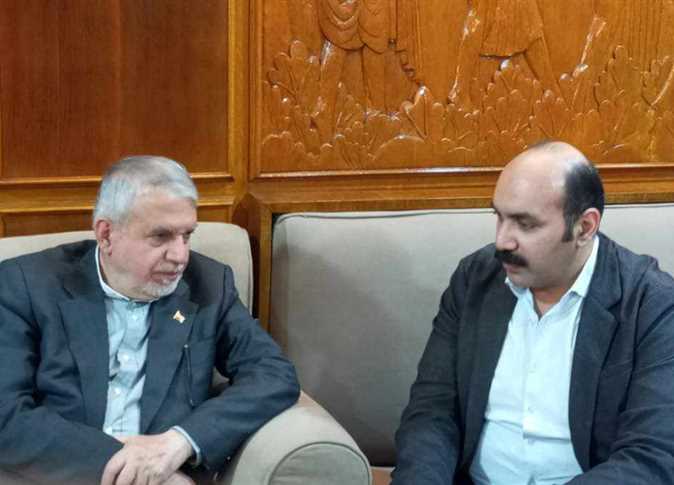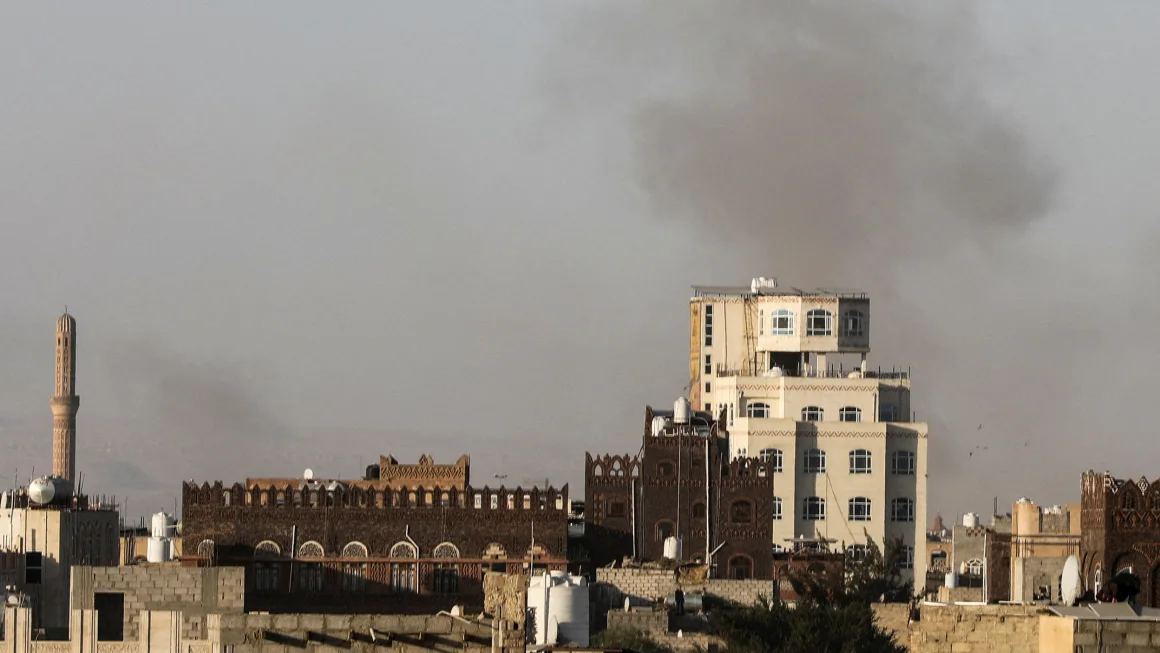Negotiators race to secure Israel-Hamas hostage and ceasefire deal ahead of Ramadan
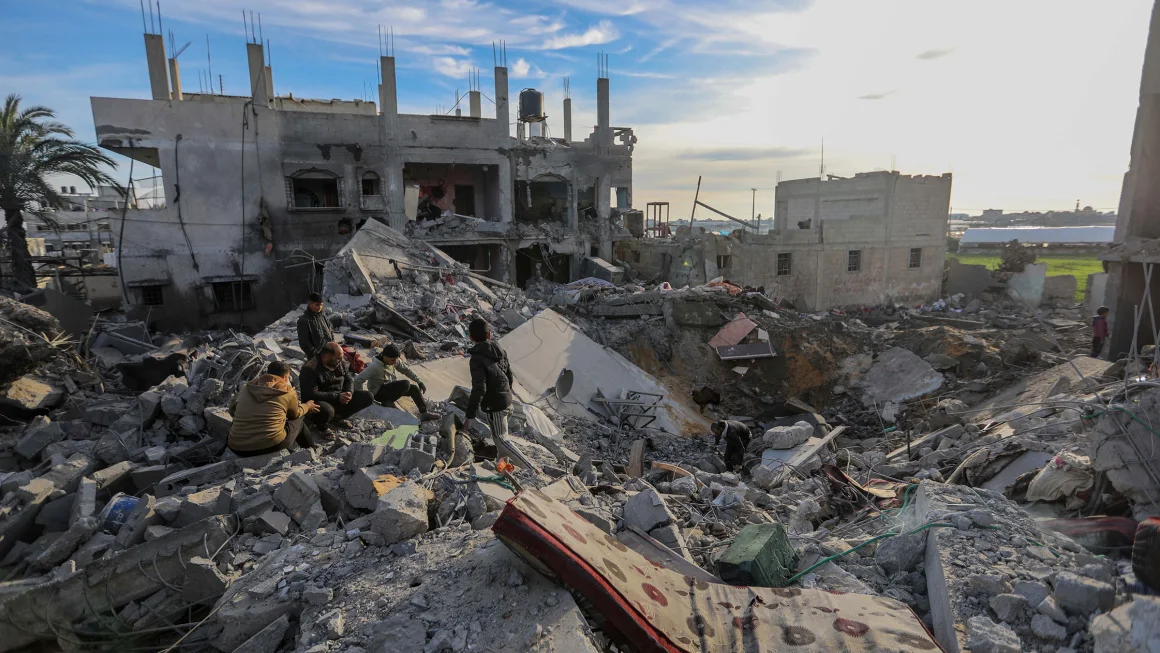
The Biden administration is racing against the clock as it attempts to secure a ceasefire in the Israel-Hamas war before Ramadan next month, with senior US officials believing that the release of Israeli hostages from Gaza is the only plausible way to bring the first pause to the deadly conflict since a seven-day truce in late November – and possibly, an eventual end to the war.
Looming over the hostage deal discussions is the threat by Israel to launch an offensive into Rafah in southern Gaza, where around 1.5 million displaced Gazans have fled. US officials have pointedly warned Israel against pushing farther south without guaranteeing the safety of those civilians – a seemingly impossible task.
“If there’s an operation against Rafah, we can forget about a deal happening,” said a diplomat familiar with the negotiations between Israel and Hamas being mediated by Qatar, Egypt and the United States.
With the Muslim holy month of Ramadan beginning on March 10, the next two weeks of negotiations are “pivotal,” a source familiar with the ongoing efforts told CNN. An aggressive military push by Israel during Ramadan would only further inflame tensions across the region.
What is less clear to some officials involved in the discussions is to what extent Israeli Prime Minister Benjamin Netanyahu would prefer a pause in the fighting over an offensive in Rafah that would continue his goal of trying to dismantle Hamas.
“It doesn’t look like Netanyahu is willing to do any deal at the moment,” the diplomat said.
The stakes of the moment could hardly be higher given that a successful deal could usher in a new and potentially final phase of a war that is now fully in its fifth month. The pause and hostage talks, sources say, have been difficult despite some progress being made in recent weeks – and far more complicated than the first round of negotiations.
Several of President Joe Biden’s top national security officials have been traveling in and out of the Middle East in quick succession in recent weeks, pushing Israel and Hamas to come to an agreement that would launch an initial six-week pause in fighting and the eventual release of the more than 100 remaining hostages.
White House Middle East Coordinator Brett McGurk was back in Cairo on Wednesday before going to Israel on Thursday to continue these efforts; his trip comes on the heels of CIA Director Bill Burns’ visit to the region last week which included stops in Doha, Israel and Cairo.
Burns is expected to travel to Paris on Friday for further talks with Israeli, Qatari and Egyptian officials, according to two sources familiar with the plans.
Netanyahu called Hamas proposals ‘delusional’
Hamas leaders have also been in Cairo this week meeting with Egyptian officials to try to move the deal forward after Netanyahu dismissed the most recent series of Hamas proposals as “delusional.”
The frameworks have included a series of multi-phase pauses that would amount to at least a four-and-a-half-month ceasefire while hostages and Palestinian prisoners in Israeli prisons are released. Among the biggest sticking points, people familiar with the talks say, were Hamas’ demands for the release of some 1,500 prisoners in the first phase, Israeli troops leave Gaza and discussions that would lead to a formal end to the war.
In the follow-up meetings in Cairo last week with intelligence chiefs from Israel, the US, Egypt and the Qatari prime minister, the Israeli delegation was only willing to discuss the humanitarian aid aspects of a deal, not the other components, the diplomat familiar with the discussions said. Israel did not send a technical team with their delegation, evidence that they didn’t truly intend to negotiate, the diplomat said.
Israel then added another condition: proof that medicine that had been sent to Gaza for the hostages had actually reached them.
“This is very important because it will show us that there is someone there [in Gaza] that can really deliver and release our hostages,” Gal Hirsch, the Israeli government’s hostage coordinator, told CNN on Saturday at the Munich Security Conference.
In response, on Tuesday, Dr. Majed Al-Ansari, the spokesperson for the Qatari Ministry of Foreign Affairs, said Qatar has confirmation from Hamas that it has received a shipment of medicine for Israeli hostages in the Gaza Strip.
“Qatar received these confirmations as the mediator in the agreement,” Al-Ansari said in a written statement.
Israel appears dug in
As Israel appears dug in its position, negotiators expect Hamas to again respond in the coming days. But given the gaps that remain, a final agreement still does not appear imminent.
US and United Nations officials, along with international aid agencies, have been warning of catastrophe if Israel pushes into Rafah where Palestinians have desperately sought shelter and distance from the worst of the fighting. Israeli warplanes have already been bombing Rafah, with more than 100 people killed in one set of strikes last week.
In a draft of a US resolution circulated at the UN on Monday, American officials wrote that “such a major ground offensive should not proceed under current circumstances.”
But Israeli officials continue to warn of the pending operation.
“The world must know, and Hamas leaders must know — if by Ramadan our hostages are not home, the fighting will continue to the Rafah area,” Israeli war cabinet minister Benny Gantz warned over the weekend.
The first hostage deal in late November saw the return of dozens of hostages taken captive by Hamas on October 7 and a week-long truce. Since the end of that truce, already three months ago, civilian casualty levels in Gaza has continued to soar, as has the global condemnation of Israel’s military operation and the political pressure on the Biden administration to call for a permanent end to the war.
Senior US officials believe that there is no chance of Israel getting to the point where it would agree to a permanent ceasefire in the war without the release of hostages, sources say. Only during a pause in fighting, even if considered temporary, discussions could continue that would eventually end the war, they argue.
Israeli officials, including Netanyahu, have continued to argue that “complete victory” is needed over Hamas. For the most part, the US continues to stand by Israel, albeit with a bit more distance as administration officials have grown increasingly critical of Israel’s military operations in the strip. Biden himself recently described Israel’s conduct as “over the top” and the bombing “indiscriminate.”
The United States yet again vetoed a United Nations Security Council draft resolution on Tuesday calling for an immediate ceasefire in Gaza.
Instead, the US started circulating its own resolution calling for a “temporary ceasefire,” the first time the US used the word “ceasefire” at the United Nations. But it was a few days after Biden himself started using it, a notable shift given how loaded the term has become.
Supporting Tuesday’s UN resolution, proposed by Algeria, in the middle of the ongoing hostage talks would have jeopardized the ceasefire talks, White House said.
“I think the American people, and I think most of the people around the world, would love to see those hostages home with their families,” White House spokesman John Kirby said Tuesday. “And if we just voted – went along with this resolution – the chances of doing that would be greatly reduced.”
This story has been updated with additional details.
CNN’s Katie Bo Lillis contributed reporting.
The post Negotiators race to secure Israel-Hamas hostage and ceasefire deal ahead of Ramadan appeared first on Egypt Independent.
What's Your Reaction?
 Like
0
Like
0
 Dislike
0
Dislike
0
 Love
0
Love
0
 Funny
0
Funny
0
 Angry
0
Angry
0
 Sad
0
Sad
0
 Wow
0
Wow
0









